The Best TV Shows on Las Estrellas
Every Las Estrellas Show Ranked From Best To Worst
Discover the best of Las Estrellas with our list of over 20 series, meticulously updated for February 2026. Some of the best tv shows from Las Estrellas include El Chavo del Ocho and El Chapulín Colorado, airing in 1973 and 1973 respectively. Boasting a rich catalog, Las Estrellas features more than 20 shows, with broadcasting dates ranging from 1973 to 2025.
 Rebelde (2004)8.4
Rebelde (2004)8.4A group of young adults will spend their adolescence at the Elite Way School, where they will learn about love, life and live their passion for music.
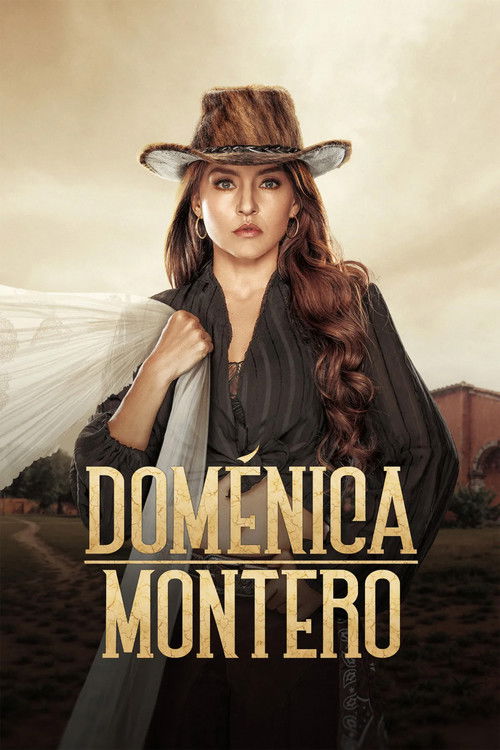 Doménica Montero (2025)8.2
Doménica Montero (2025)8.2A respected and renowned businesswoman and philanthropist, considered one of the most sought-after brides in the country, who is left at the altar on her wedding day. Humiliated, betrayed, and turned into a target of public scrutiny, Doménica decides to flee and take refuge in one of her parents’ old estates. There, marked by pain, she faces new challenges and meets Luis Fernando, the owner of the neighboring estate, who also carries a painful past. Between them, an explosive relationship develops, marked by pride, misunderstandings, and growing attraction, where land disputes intertwine with their shared desire to rebuild, heal, and give new meaning to their lives.
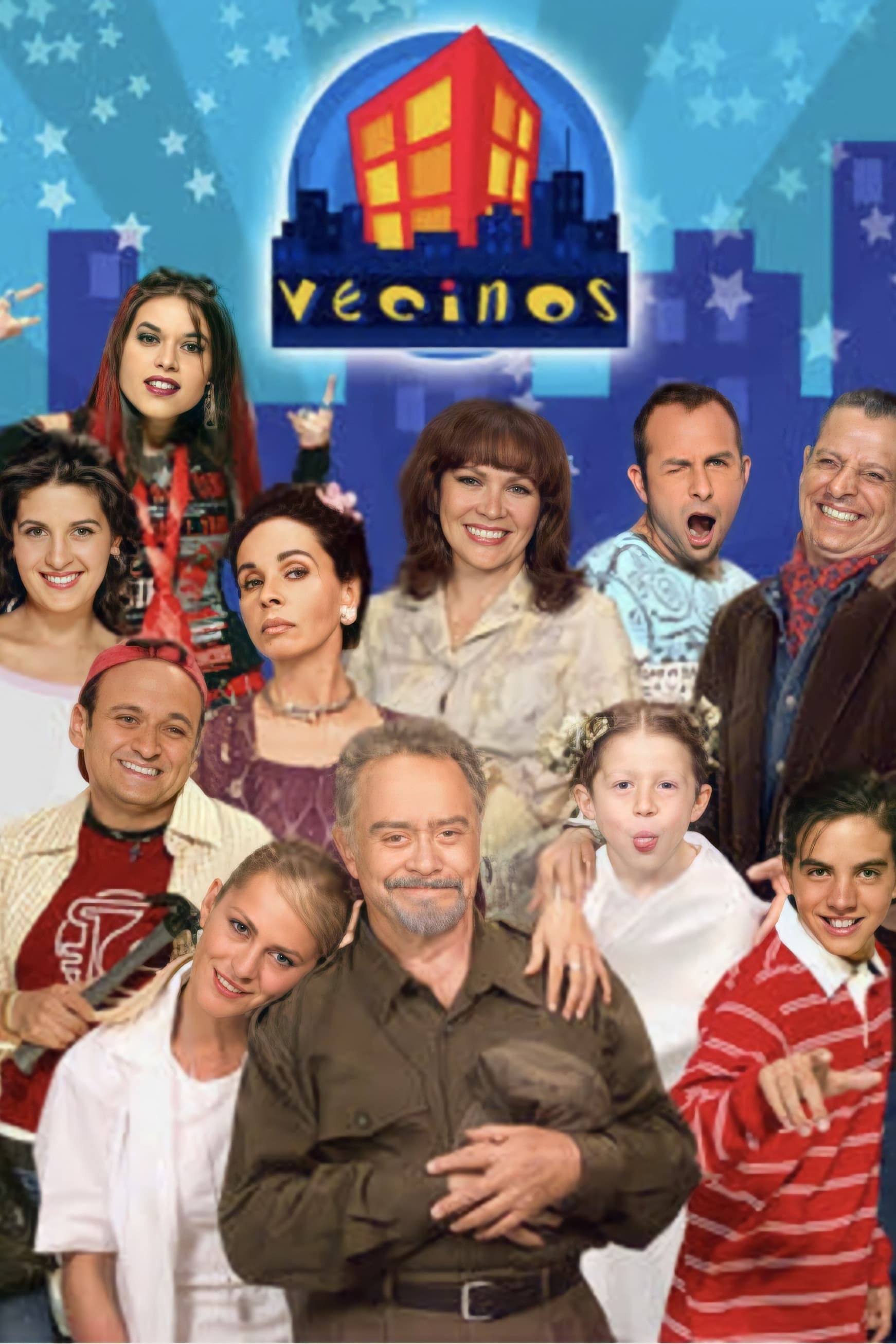 Vecinos (2005)8.1
Vecinos (2005)8.1The everyday life of people in Mexican neighborhoods, where anything can be found. Each episode interacts between these peculiar neighbors, where they encounter real and fictitious problems.
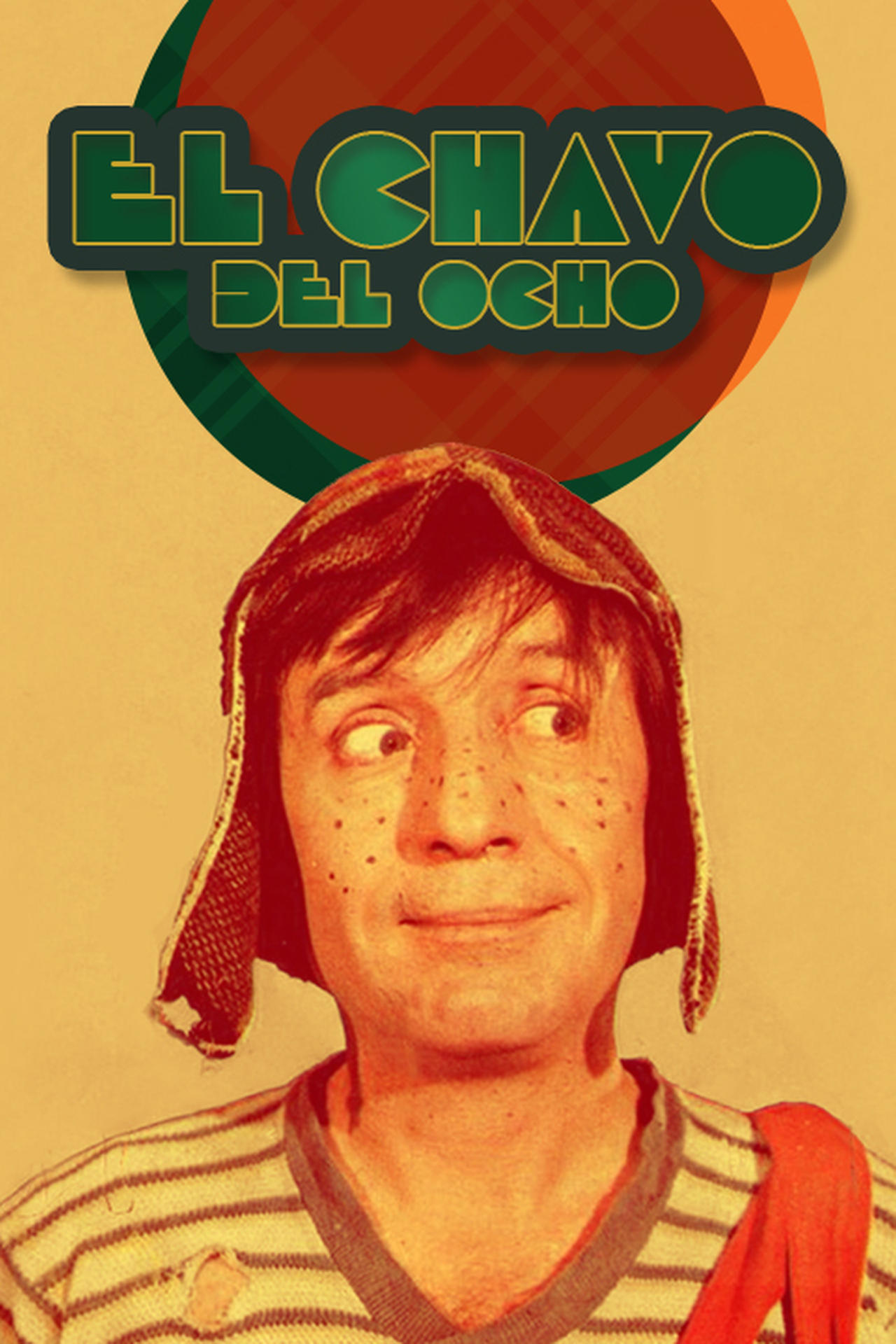 El Chavo del Ocho (1973)8.0
El Chavo del Ocho (1973)8.0The mishaps of Chavo, an 8-year-old orphan boy who lives in a village. Together with Quico, Chilindrina, Ñoño and La Popis, Chavo experiences a series of humorous entanglements.
 El Chapulín Colorado (1973)8.0
El Chapulín Colorado (1973)8.0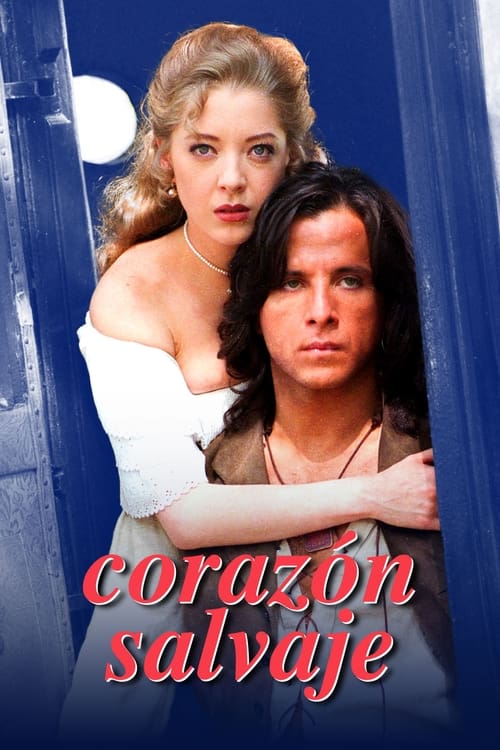 Corazón salvaje (1992)7.9
Corazón salvaje (1992)7.9A telenovela that dramatizes the romances and rivalries between two brothers and two sisters in Mexico between the years 1885 and 1900.
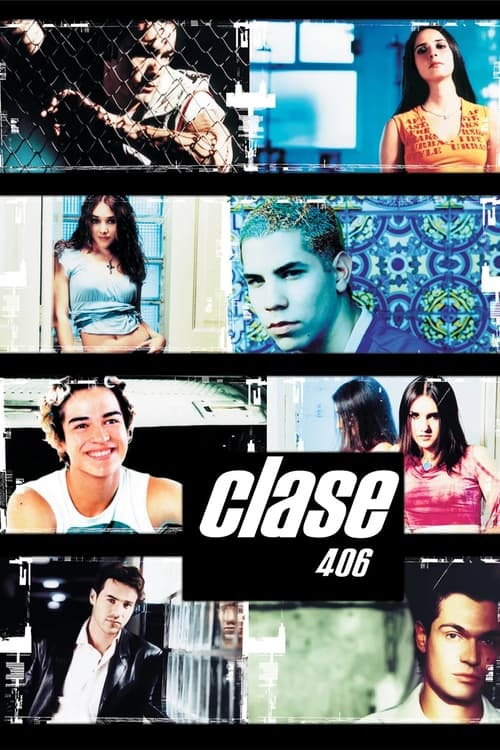 Clase 406 (2002)7.9
Clase 406 (2002)7.9The realistic chronicles of a working class group of Hispanic youth, with heavy subject matter like sex, drug dealing, teen pregnancy, abuse, drinking, rape, deception, and heartbreak.
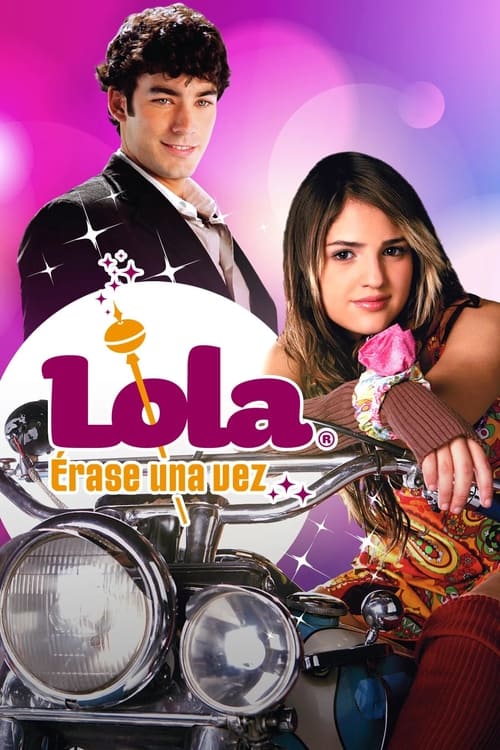 Lola… Once Upon a Time (2007)7.9
Lola… Once Upon a Time (2007)7.9Lola... Érase Una Vez is a teen targeted Mexican melodrama telenovela produced by Televisa that is an adaptation of the Argentine global phenomenon and teenage telenovela Floricienta. The show tells the story of a modern Cinderella, Lola, a 20 year old girl, who works as a nanny and sings in a rock band and meets her so call Prince Charming. It debuted in Mexico on February 26, 2007, starring Aarón Díaz and Eiza González. The show had gained popularity among teens and children not only in Mexico but also internationally including Venezuela, Spain and the in United States. With concert performances filling major auditoriums and songs by the protagonist become radio hits. It debuted in the United States on Univision in March 2008 and ended on January 26, 2009. The series consisted of 224 episodes which aried Monday through Friday at 3 P.M, intentionally for teenagers to watch after school, as is typical for most teenage & children telenovelas in Spanish networks.
 Papás por conveniencia (2024)7.9
Papás por conveniencia (2024)7.9Tino is a single father, full of debt, and faces tough challenges in raising his two children. Aidé is a great businesswoman and mother of two teenagers, she seems to have it all, at least on the surface. One day, Tino discovers that he is the father of Aidé's children, and together, they decide to build a new family, even if, at first, it is for their interests. However, they will realize that things are not as easy as they thought. Since their house has become a battlefield, they must overcome several obstacles to find love and achieve happiness.
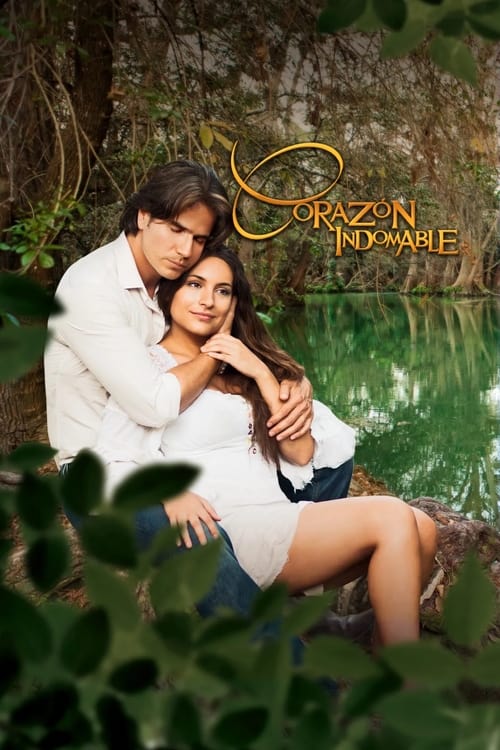 Wild at Heart (2013)7.8
Wild at Heart (2013)7.8Corazón indomable is a Mexican telenovela produced by Nathalie Lartilleux for Televisa. It is a remake of Marimar, produced in 1994, and starring Thalía and Eduardo Capetillo. Ana Brenda Contreras and Daniel Arenas star as the protagonists, while Ingrid Martz, Elizabeth Álvarez, Carlos de la Mota and René Strickler star as the antagonists.
 Teresa (2010)7.7
Teresa (2010)7.7Teresa Chavez is a young woman with an obsession for money and ambition. Despite her beauty and the fact that she was raised in the bosom of a loving family, she is resentful; her one desire is to leave her humble but poor neighbourhood.
 Deceptions (1998)7.6
Deceptions (1998)7.6The show's premise revolves around a pair of twin sisters who were separated when they were young, and as adults the younger sister is forced to act as a "replacement" for her wealthy twin who wants to temporarily leave her husband and his family to enjoy a life of luxury with multiple lovers.
 La familia P. Luche (2002)7.6
La familia P. Luche (2002)7.6A family that deals with the conflicts and problems of daily life but in a comical and exaggerated way with the particularity that they live in a city that is built entirely of stuffed animals and with all the stuffed accessories.
 El amor no tiene receta (2024)7.5
El amor no tiene receta (2024)7.5Paz Roble, a kind, hard-working and honest woman from whom her husband, Fermín, takes her newborn daughter. Fermín has a large debt with some lenders and to pay it he decides to sell his daughter to Mauro Nicoliti. This plagiarism is orchestrated by Geneva, Mauro's adoptive sister. She lost her first-born daughter in childbirth and does everything to replace her dead daughter and keep her husband's fortune. On the other hand, Esteban Villa de Cortés loses his wife and becomes a widower with his three children. Elvira Moncada, Esteban's mother-in-law, holds him responsible for the death of her daughter. After a series of unexpected events, Esteban and Paz meet in the neighborhood where she lives with her family. The chemistry and great understanding that exists between them makes it inevitable that they will fall in love.
 Abyss of Passion (2012)7.4
Abyss of Passion (2012)7.4Rosendo Arango, the owner of Grupo La Anita, is married to Alfonsina. They have one son, Damian. Estefanía Bouvier is married to Augusto Castanon and they have one daughter, Elisa. Rosendo cheats on his wife with Carmina Bouvier, Estefanía's sister. Damian and Elisa become friends because Augusto and Rosendo were best friends. But one day, Rosendo and Carmina try to go away from La Ermita, the pueblo in which they live in. But, Estefanía, who had found out about their plans, wants to prevent this, shuts Carmina in her room and then goes with Rosendo in his car, trying to convince him not to run away with Carmina. They have an accident and die and everyone thinks they were lovers.
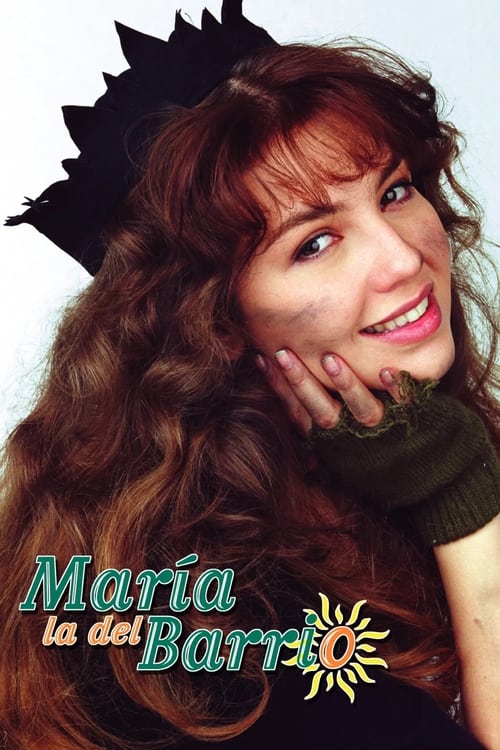 María la del Barrio (1995)7.3
María la del Barrio (1995)7.3A brave, poor young girl is welcomed into a rich family and develops a romance with their misogynist youngest son, driving a woman already in love with him to go to great lengths to destroy their relationship.
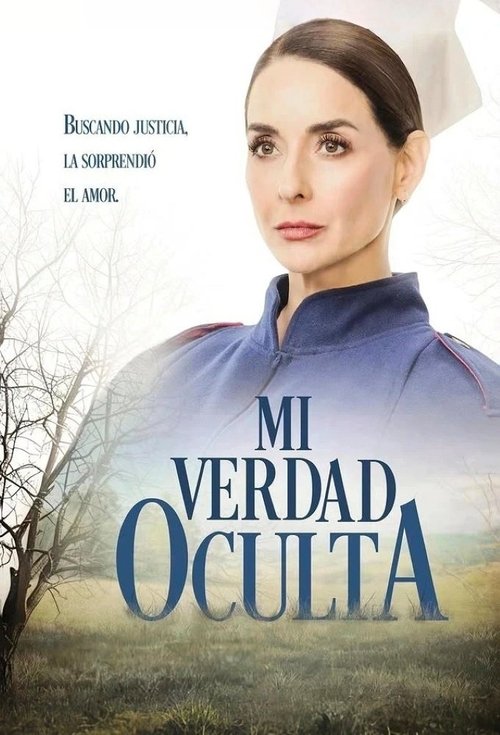 My hidden truth (2025)7.3
My hidden truth (2025)7.3My Hidden Truth's main ingredients are revenge, uncertainty, reunions, and love. The telenovela follows the story of Aitana (González), a woman who appears tough because she was raped as a young woman by the Lizárraga brothers, against whom she swears revenge. Life surprises her when she falls in love with Luciano (Chocarro), the eldest of the Lizárraga brothers.
 As the Saying Goes (2011)7.2
As the Saying Goes (2011)7.2Dramatization of real-life situations and stories that are related to popular sayings, by Don Tomas.
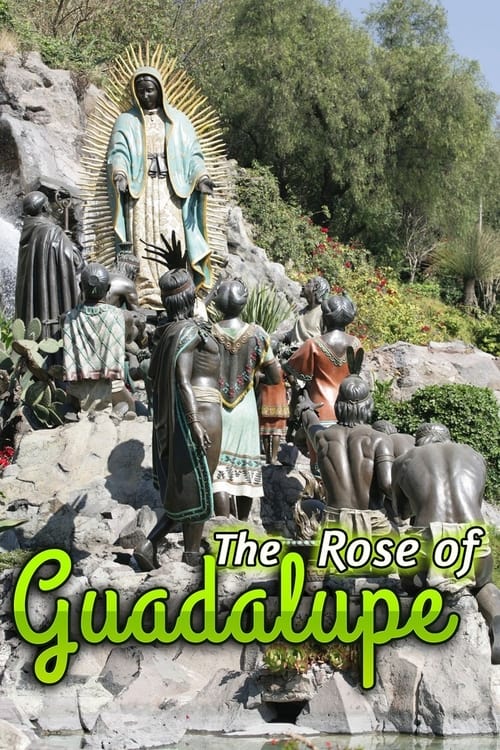 La rosa de Guadalupe (2008)7.0
La rosa de Guadalupe (2008)7.0Stories about people who get into problems who use the help of Virgin Mary and where a rose appears and their problems are solved.
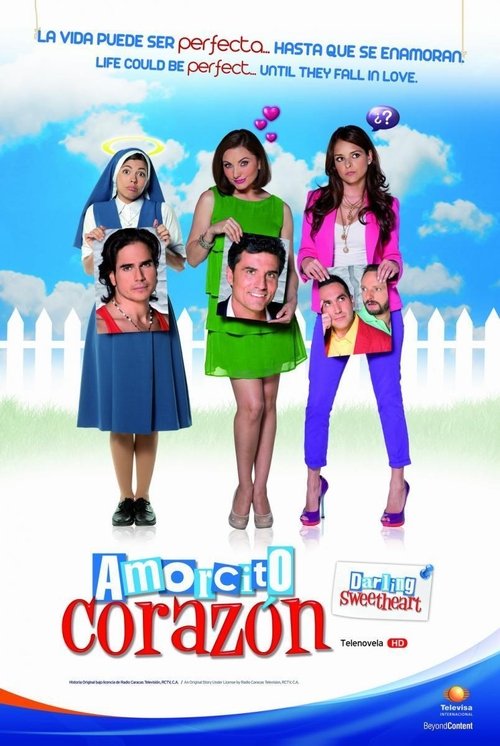 Amorcito Corazón (2011)6.5
Amorcito Corazón (2011)6.5Amorcito Corazón is a Mexican telenovela produced by Televisa by Lucero Suarez. Rehabilitation of the Venezuelan RCTV telenovela Trapos Intimos. It stars Elizabeth Álvarez, Diego Olivera, Africa Zavala and Daniel Arenas, involving Fabiola Campomanes, Gerardo Murguia and Macaria as the main villains and stellar performances by the leading lady Mariana Karr, and Grettell Valdez. Canal de las Estrellas broadcast Amorcito Corazón from August 29, 2011, to June 10, 2012, with Cachito de Cielo replacing it. Univision confirmed an afternoon airing of Amorcito Corazón, and is currently seen weekday afternoons at 2pm central. Previously, Univision broadcast it at 3pm, replacing Dos Hogares from May 30 to June 15, 2012.